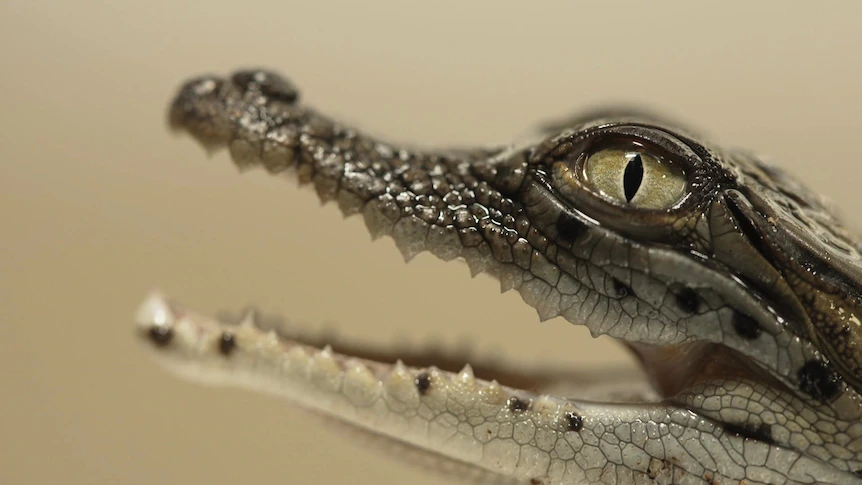By Olivana Lathouris,Tilda Colling
Copyright abc

Thrust back into the international spotlight by the recent trial of Outback Wrangler star Matt Wright, questions are being raised about the Top End’s lucrative crocodile industry and its outdated code of practice.
Warning: Aboriginal and Torres Strait Islander readers are advised that this article contains the name of an Indigenous person who has died, used with the permission of family.
The current code, which outlines the “achievable minimum standard of humane conduct in regard to the treatment of wild and farmed crocodiles”, was released by the federal government in 2009.
It was due to be updated five to 10 years after, but no steps were taken until a review of the industry was launched in 2023.
At the time the government said a new code was expected to be finalised in late 2024 — 15 years after the first — but a year on, it has still not confirmed when the new standards will be published.
And stakeholders say they’ve already been waiting too long.
Concerns over current conditions
A 2024 report from the review, which highlighted small cages, restraints and husbandry practices as part of its scope, found multiple inconsistencies between the current code of practice and standards in the industry.
In one example, the current code lists harpooning as the preferred method of capture, but last year’s report found “most submissions suggested a total ban on harpooning as it causes ‘unnecessary pain’ for the animal”.
According to the NT government, the territory’s crocodile industry generated $151 million in economic activity in 2025.
Lucrative crocodile farms, which supply high-end fashion labels such as Hermès and Gucci with croc skin, boast aims of farming up to 50,000 crocodiles for their skin, meat and eggs at one time.
In 2021, an organisation called Defend the Wild exposed shocking and inhumane conditions at crocodile farms in the Northern Territory, including several owned by Hermès.
Defend the Wild founding director Alix Livingstone said since then, the organisation had continued to receive reports from people who had left the industry expressing concerns about the conditions.
“We frequently have people who have worked in crocodile farms who contact us with concerns around the welfare of animals on the farms,” she said.
Ms Livingstone said the organisation was concerned the new code would be a “rubber-stamping exercise” that failed to balance industry interests against the rights of animals.
The Animal Justice Party Australia’s Georgie Purcell said widely, the crocodile farming industry needed to change.
She said crocodile farming had no place in Australia, but the code of practice must, at least, respect animals’ freedom.
“Crocodiles can be confined to cages smaller than their own bodies, that is completely legal,” she said.
“I think for some people it is quite hard to build that empathy and compassion for crocodiles, but these are sentient animals, they are wildlife.”
Need for cultural knowledge
For ranger and tourism business owner Jida Gulpilil, the son of the late actor David Gulpilil, being a stakeholder in the crocodile industry is a way to honour his father’s vision for his homelands across the Gurruwiling wetlands and create a sustainable business model for his community.
He said the industry code of practice needed to be updated in line with traditional Indigenous knowledge.
“We keep being left out of the discussions, and the papers, and the reports, the consultations — it can be a bit frustrating, we have our own plans.
“We certainly need more of the Commonwealth to be on board, we need them to come out, write down our knowledge, our cultural knowledge, our scientific knowledge.”
Mr Gulpilil said crocodile management and farming presented an opportunity for Indigenous communities to create environmentally and economically sustainable businesses.
“It’s something we need to set ourselves up to manage and have a stronger stake hold in the industry, because we have the knowledge,” he said.
“We are the landowners for where those eggs come from, we should be supported more; without us [and] our land, our natural cultural resources, you wouldn’t have an industry.”
In a statement, a spokesperson from the federal Department of Climate Change, Energy, the Environment and Water said it had engaged with First Nations people as part of the review process.
“Over the last year, the department has been working with relevant state and territory agencies on progressing the proposed new code,” they said.
“First Nations groups and representatives, along with various stakeholder groups, were consulted on the review.”



